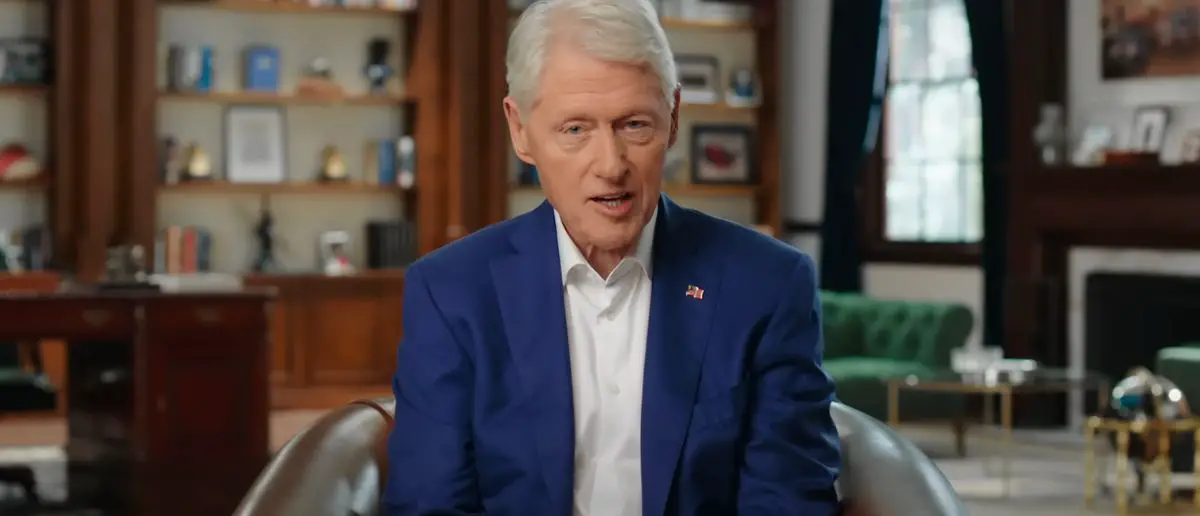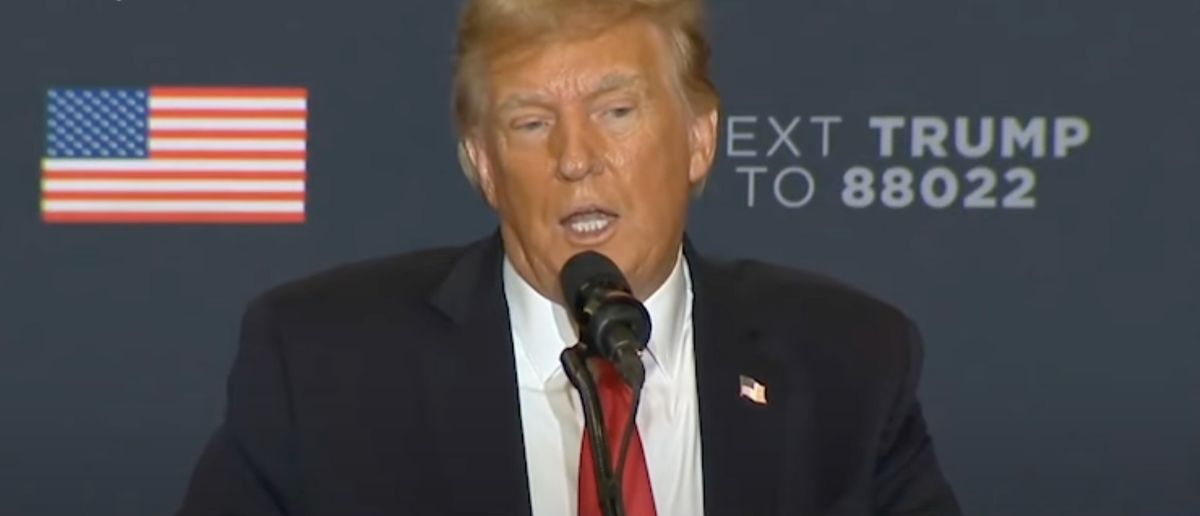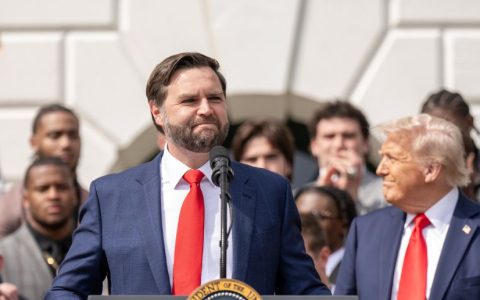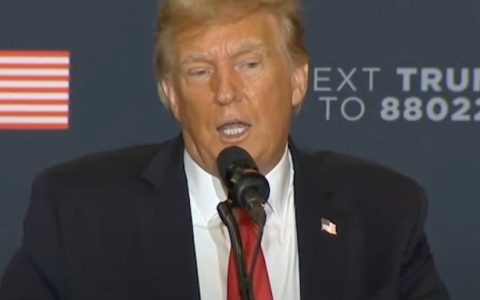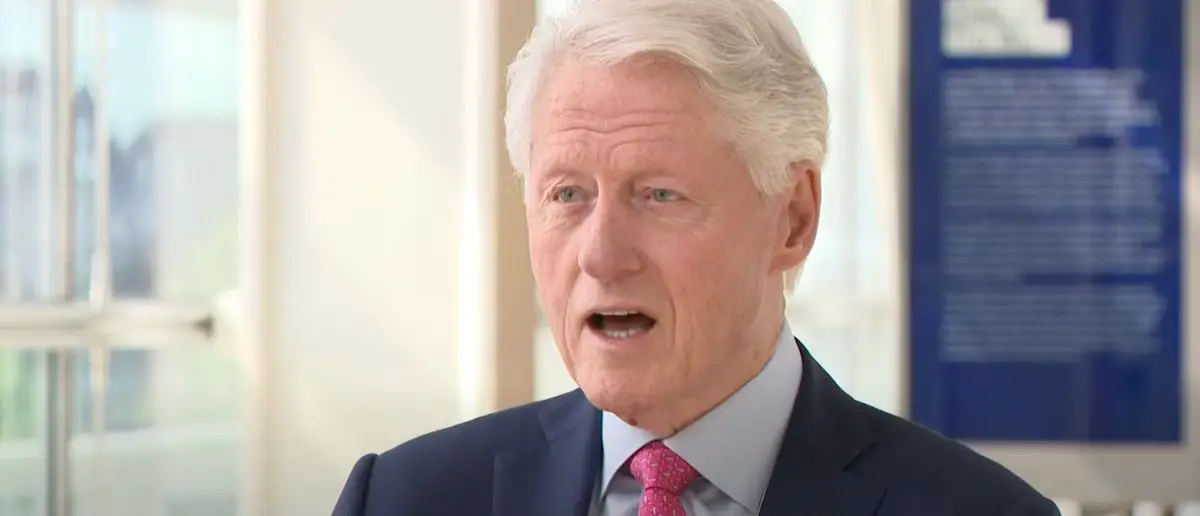
Iran is getting more and more emboldened. The history of their extremism goes back decades.
And now Bill Clinton’s seriously disturbing ties to terrorist Iran have been revealed to the public.
Clinton’s Iran Secret and Trump’s Tough Choice
In 1999, three years after a devastating bombing at the Khobar Towers in Saudi Arabia claimed 19 American lives, then-President Bill Clinton sent a secret cable to Iran’s President Mohammad Khatami. The cable revealed a truth Clinton withheld from the American public: U.S. intelligence had concrete evidence tying Iran’s Revolutionary Guard Corps (IRGC), alongside Lebanese and Saudi Hezbollah, to the terrorist attack. This covert diplomacy, exposed decades later through a Freedom of Information Act request, exposes Clinton’s penchant for soft-pedaling Iran’s aggression, a pattern that contrasts sharply with the Trump administration’s current deliberations over Iran’s nuclear ambitions.
“Message to President Khatami from President Clinton: The United States Government has received credible evidence that members of the Iranian Revolutionary Guard Corps, (IRGC) along with members of Lebanese and Saudi Hizballah, were directly involved in the planning and execution of the terrorist bombing in Saudi Arabia of the Khobar Towers military resident complex,” the cable stated. It was a d*mning accusation, yet Clinton chose to keep the American people in the dark, opting for quiet negotiations over public accountability.
The cable didn’t stop at accusations. It acknowledged the attack predated Khatami’s election but pressed for justice, warning that the IRGC’s ongoing terrorist plotting remained a serious concern. “The United States views this in the gravest terms,” it read. “We acknowledge that the bombing occurred prior to your election. Those responsible, however, have yet to face justice for this crime. And the IRGC may be involved in planning for further terrorist attacks against American citizens. The involvement of the IRGC in terrorist activity and planning abroad remains a cause of deep concern to us.” Yet, Clinton’s response was not to demand immediate action but to dangle the prospect of improved relations if Iran addressed the culprits.
Clinton’s approach reeks of appeasement, a hallmark of his administration’s foreign policy when dealing with Iran’s theocratic regime. Instead of confronting Iran head-on, he offered leniency. “The United States has no hostile intentions toward the Islamic Republic of Iran and seeks good relations with your government,” the cable assured Khatami. This olive branch, extended in secret, betrayed the families of the Khobar victims and shielded Iran from the full weight of international scrutiny.
The exposure of this cable highlights a persistent failure among Democratic presidents—Carter, Clinton, Obama, and Biden—to grapple decisively with Iran’s hostility. Since the 1979 revolution, when Iran’s regime seized American hostages in Tehran, it has waged a relentless campaign against the U.S., costing nearly 1,000 American lives through attacks like the Marine barracks bombing in Lebanon, embassy assaults, and Iranian-backed IEDs in Iraq and Syria. Clinton’s reticence to act mirrors Carter’s paralysis during the hostage crisis, Obama’s nuclear deal, and Biden’s release of $6 billion in frozen assets.
Clinton’s inaction went beyond diplomacy. Former FBI Director Louis Freeh, speaking in 2015, revealed the Clinton administration obstructed the FBI’s Khobar investigation to avoid straining ties with Iran. “The bottom line was they weren’t interested. They were not at all responsive to it,” Freeh said. “They were looking to change the relationships with the regime there, which is foreign policy. And the FBI has nothing to do with that.” This deliberate sidelining of justice emboldened Iran, allowing it to fund terrorism and pursue nuclear ambitions unchecked.
Critics argue Clinton’s leniency fueled Iran’s defiance. By failing to file criminal or civil actions against Iran for Khobar, his administration set a precedent of impunity. It wasn’t until the George W. Bush administration took office in 2001 that charges were filed against conspirators, explicitly naming Iran’s role. Clinton’s secrecy and inaction contrast starkly with the accountability sought by his successor, exposing a leadership style more concerned with optics than justice.
Iran’s aggression hasn’t abated. From a thwarted 2011 plot to bomb a Washington, D.C., restaurant targeting the Saudi ambassador to a 2024 assassination attempt against Donald Trump, Iran’s reach remains deadly. “When we hear that Iran is threatening, well, we’re going to retaliate if you do something to us, we are already at war with Iran,” former National Security Council chief of staff Fred Fleitz said on the John Solomon Reports podcast. “Iran is already committing acts of terrorism, and did a major one as recently as 2024 when an Iranian agent was indicted but got away for trying to k*ll Trump before the 2024 election.”
Today, President Trump faces a pivotal decision: whether to support Israel’s military action against Iran’s nuclear facilities. Unlike Clinton’s covert overtures, Trump’s approach has been defined by maximum pressure—sanctions that crippled Iran’s economy during his first term, in contrast to Biden’s sanctions relief. “Iran’s been making their money selling their oil to China,” Sen. Marsha Blackburn told Just the News, No Noise. “And under President Trump’s first term, you had sanctions on Iran, and they were broken. They couldn’t fund their proxies. And then you have them come along with Biden, taking that off, making deals with them, sending them $6 billion.”
Blackburn’s point cuts to the core of Iran’s strategy. “You give Iran $1 it’s going to go one of two places: it is going to go into uranium enrichment or funding proxies. It’s not going to go to the people,” she added. Trump’s sanctions starved Iran’s terrorist networks, forcing its proxies like Hezbollah and Hamas to scramble. His current deliberations suggest a continuation of this hardline stance, weighing military options to neutralize Iran’s nuclear threat without committing to ground wars.
Trump’s restraint in avoiding “forever wars” aligns with his campaign promises, earning support from his MAGA base. Figures like Charlie Kirk, Tucker Carlson, and Rep. Marjorie Taylor Greene advocate non-interventionism, with Greene warning on social media, “Foreign wars/intervention/regime change put America last, k*ll innocent people, are making us broke, and will ultimately lead to our destruction.” Yet, Trump faces pressure from hawkish Republicans like Sens. Lindsey Graham and Tom Cotton, who see a rare chance to dismantle Iran’s nuclear program and possibly its regime. “The forever war is the war that Iran has waged against the U.S., Israel, and the civilized world since 1979,” Cotton wrote on X.
The stakes are monumental. Trump is reportedly considering deploying B2 bombers with MOABs to target Iran’s underground nuclear bunkers, a move that could decisively halt its weapons program. Alternatively, he might greenlight Israel’s assassination of Iran’s Supreme Leader, Ayatollah Khamenei.
Unlike Clinton’s secretive diplomacy, Trump’s public posturing keeps Iran guessing, a tactic that may force its leaders to negotiate or flee. “Iran’s leaders still have an opportunity to make a deal with Trump that would allow them to have a peaceful nuclear program, with no enrichment, and also economic benefits,” Fleitz said. “It’s a really good deal. They don’t deserve this deal because the Iranians have k*lled more than 1,000 American over the last 40 years or so.”
Fleitz believes Trump’s preference is “peace through strength and commerce,” but he’s prepared to act decisively if Iran refuses. “Trump will probably drop bunker buster bombs to destroy Iran’s main uranium enrichment facility at Fordo,” he predicted. This approach contrasts sharply with Clinton’s failure to confront Iran’s role in Khobar, offering a clear-eyed response to a regime that has terrorized the West for decades.
Trump’s challenge is balancing his base’s skepticism with the urgent need to prevent a nuclear-armed Iran. “He wants to get the MAGA movement behind him, and they are obviously nervous, many of them, about the US possibly going to war with Iran,” Fleitz noted. “And I think he’s tried to make it clear that, look, I made up America first, and I’ve decided that stopping Iraq from getting a nuclear weapon is part of America first.” The mention of Iraq appears to be a misstatement, with Iran clearly the focus, but the intent is unmistakable: Trump views neutralizing Iran’s nuclear threat as a national priority.
Clinton’s legacy on Iran is one of missed opportunities and concealed truths, a warning for leaders facing Tehran’s unrelenting hostility. His secret cable to Khatami, offering goodwill in exchange for minimal accountability, allowed Iran to evade consequences for Khobar. Trump, by contrast, appears poised to confront Iran’s nuclear ambitions head-on, leveraging military and diplomatic pressure to achieve what Clinton’s appeasement never could.
Stay tuned to the DC Daily Journal.

